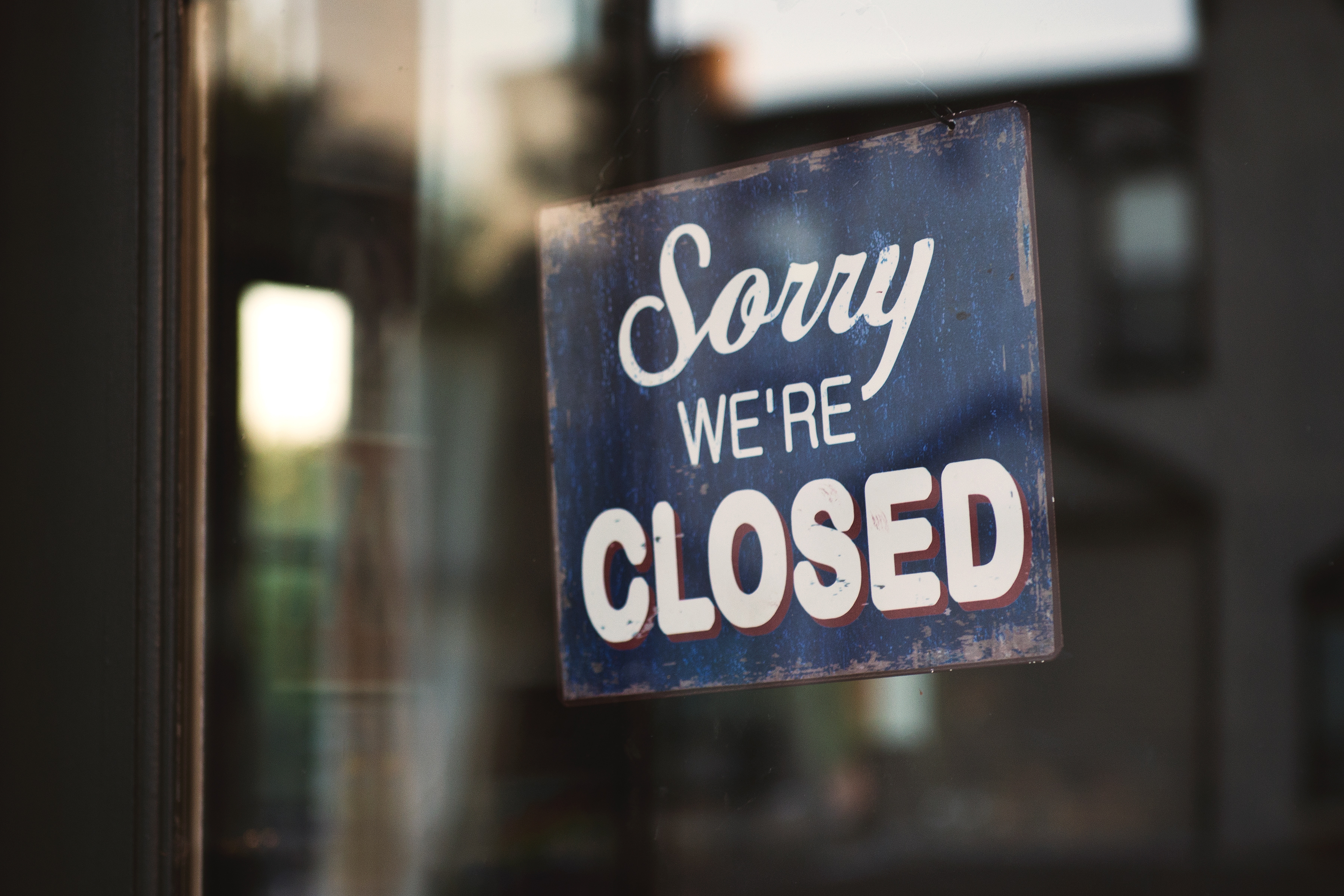
The construction industry has inherent risks and job sites are often bustling with activity. workers, contractors, large machinery, and more are needed to get the job done, which opens up the possibilities of injuries, third-party damages, and potential litigation.
Advancing technology and machinery is alleviating some of the risks of doing business on the one hand, though can ultimately add more risks on the other. However, there are ways to mitigate risks by ensuring you have the right type of construction insurance coverage. There is no one-size-fits-all policy, and a general business owners policy (BOP) won’t suffice. Let’s take a look at the various types of insurance your construction company may need.
1. General Liability Insurance for Construction Projects
Every business should invest in general liability insurance, especially those in the construction industry. It protects your company from various liabilities, including injury claims and subsequent medical expenses. General liability also protects your business from claims arising out of damage you may cause to a customer’s property, or from damage caused by a product you installed, such as faulty plumbing or improperly sealed windows or doors. General liability will not cover damages that result from professional negligence, however. For that, you’ll need another kind of liability coverage.
2. Professional Liability Insurance
Everyone makes mistakes. Professional liability coverage covers errors in design or value engineering on the job or modifications that occur in the shop which can cause a major issue with a project. Unlike general liability coverage, which covers bodily injury and or property damage, this covers those mistakes that can have a financial impact on a project. It does not, however, cover the cost of rework but only the liability of your error.
3. Pollution Liability Insurance
Pollution liability is what you might expect: it provides coverage if you're liable for a pollution incident that occurs at a job site. If you bring chemicals or fuel tanks for refueling equipment onto a job site, it creates the risk of potential pollution to occur. General liability policies typically exclude pollution liability, although an endorsement can be added to provide some limited coverage. These pollution endorsements typically provide significantly less coverage than a separate standalone pollution liability policy, however, so it's important to determine your level of risk to ensure you're properly covered. In some cases, you can combine both pollution and professional liability policy into one, so check with your risk advisor.
4. Business Vehicle and Commercial Auto Insurance
Even if you don’t have a large fleet of vehicles but you still have vehicles that are titled to the business, you will want to make sure you have a commercial auto policy in place. Owning a vehicle personally but using it for business purposes could create potential coverage gaps. In the event that this does happen, there are options to work around it, but it's always in the best interest to title the vehicle under the company name and have a commercial auto policy.
Commercial vehicles that you can ensure range from cars and trucks to much larger vehicles like tractor-trailers, dump trucks, or cement trucks. The general theme is if it has to be licensed for road use in the state in which you operate, then it should be put on a commercial auto policy. One exception to that rule is a yard truck that never leaves the premises of your operations.
5. Inland Marine Insurance
The name of this insurance may cause some head-scratching. The early days of moving goods from one place to another involved transport by ship, hence “marine insurance” was needed for the property on board. The term now not only means moving of goods but also includes specialty property such as contractor's equipment and installation floater and riggers liability.
Regardless, the construction industry regularly involves transporting equipment, tools, and supplies to and from various work sites. Most business insurance only provides coverage for property while at a worksite and not during transport. For example, if a toolbox is stolen from the back of your truck when you stop at a gas station, your normal business insurance likely won’t pay for a replacement, but inland marine coverage will. Coverage known as builder’s risk insurance is also usually included as part of an inland marine policy for buildings that are under construction. Builders risk can be done on a per-project basis or a blanket master program.
6. Contractor License Bonds or Surety Bonds
Some cities and states require that contractors obtain license and permit bonds to ensure that customers receive the services and complete work that’s been promised. It’s a legally binding contract that also helps ensure that the contractor will pay for any materials and labor required to complete the job and not leave the customer holding the bill. Most contracts for cities and municipalities require a performance and payment bond to foresee their financial interest in a contract. You might even see some private projects require this as well to anticipate the investment in the project. Being bonded means that your company is financially sound enough to perform the work being required.
7. Why Construction Companies Need Workers' Compensation Insurance
Most states require some form of workers’ compensation insurance to protect employees from lost wages and medical expenses that result from job-related injuries. It also helps protect a company from lawsuits related to those injuries. While premiums are often dictated by the state, there are ways to potentially lower your work comp costs. The number one way is to lower your experience modification factor — a factor calculated by the state. To do so, you’ll need to improve safety and subsequently lower the number and severity of injury claims.
8. Cyber Insurance
One of the fastest-growing types of business insurance for construction companies involves protecting your company’s data and that of your customers and third-party vendors. As construction firms rely more heavily on technology — whether software platforms to manage business functions or equipment and smart technology used on job sites — the need to protect all that streaming data increases. Even small construction firms should consider cyber insurance since nearly half of all cyberattacks target small businesses, and only 14% believe they’d be highly effective at mitigating cyber risks, vulnerabilities, and attacks. The good news is that cyber coverage is typically inexpensive and offers a nice layer of protection, but it’s important to make sure you get the right kind of cyber insurance coverage.
The construction industry faces unique risks and thus requires different layers of protection than many other types of businesses. Not sure which of these construction insurance types is right for your firm? Reach out to a strategic risk advisor to talk through how to best protect your construction business and your bottom line.
Topics:





